Majority of Britons opposed to funding King Charles III coronation, survey finds
More than half of Britons are opposed to funding the upcoming coronation of King Charles III by British taxpayers in face of the nation’s record-breaking inflation and cost-of-living crisis, a new poll has found.
The survey, conducted by the London-based YouGov market research firm and published on Tuesday, shows that 51 percent of responders expressed opposition to the government funding of the May 6 ceremony to crown Charles and Camilla.
Only 32 percent of the 4,246 adult participants in the opinion poll favored government funding of the expensive ceremony while 18 percent said they did not know which way to vote.
Nearly 62 percent of responders aged 18 to 24 expressed opposition to the government funding of the coronation and only 15 percent favored the move.
This is while 43 percent of the elderly responders -- aged over 65 years – favored taxpayers funding of the event, with 44 percent opposing it.
The coronation ceremony for the 74-year-old monarch is scheduled to be held on May 6, despite the country’s persisting high inflation and an unprecedented cost-of-living crisis.
The government, meanwhile, has not yet disclosed how much it will cost to hold the coronation ceremony – consisting of formal processions, a concert at Windsor Castle, street parties and light shows – though it is expected to cost tens of millions of pounds.
Buckingham Palace has said the coronation would consist of processions, a concert at Windsor Castle, street parties, light shows, and community volunteering throughout May 6-8.
Earlier this year, government minister Oliver Dowden claimed that colleagues and the monarch were “mindful of ensuring that there is value for the taxpayer” and there will not be “lavishness or excess.”
“It is a marvelous moment in our history and people would not want a dour scrimping and scraping,” he said at a parliamentary committee.
However, campaign group Republic’s Chief Executive Graham Smith has rejected the coronation event as an “expensive pantomime” and a “slap in the face for millions of people struggling with the cost-of-living crisis.”
The development comes as the UK has recently been struggling with rising living costs, surging inflation, soaring fuel costs, and a worsening job crisis.
The Ukraine conflict and subsequent energy crisis as well as an economy still battered by the corona pandemic are among the main factors behind the economic crisis.
This is while the British government remains among the largest supporters of the Ukrainian government in its war against Russia, extending to Kiev billions of pounds in military aid.
Late last year, figures showed the UK's year-on-year inflation rate stood at 10.7 percent, the highest in four decades.
The inflationary spiral is growing at a much faster pace than the average pay rise across the country.
Food prices have skyrocketed by a 20-percent hike. Rising energy prices, along with soaring energy costs, have also contributed to the UK's cost-of-living crisis.
Many labor unions, meanwhile, have launched industrial actions to press the government to enact salary hikes. The government, however, refuses to increase salaries, saying it would increase the inflation.
Despite Leader's martyrdom, Islamic Republic firmly in control and punishing the enemy
At least 31 killed in Israeli aggression on southern Lebanon after Hezbollah strikes
Iran writes to UN, warns about dire consequences for perpetrators following Leader's martyrdom
Hezbollah strikes occupied Haifa in retaliation for Leader's assassination
Ansarullah mourns Leader's martyrdom as 'great loss' caused by 'most wretched terrorists'
Hezbollah offers condolences to Iranian nation over Leader’s martyrdom
US-Israeli strike targets IRIB facility; broadcasts continue
IRGC: Latest waves of Op. True Promise 4 led to tanker strikes, base shutdowns, heavy casualties


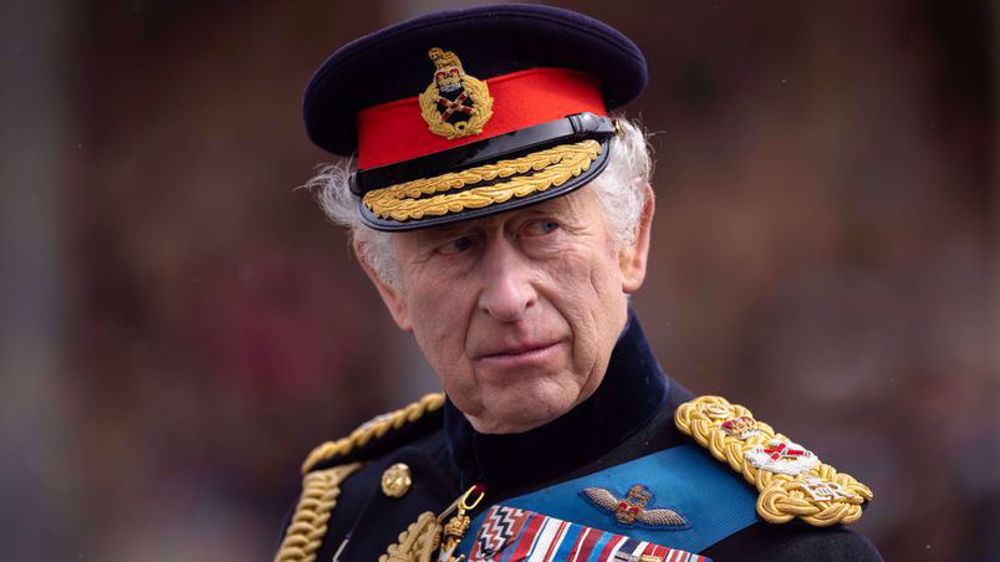
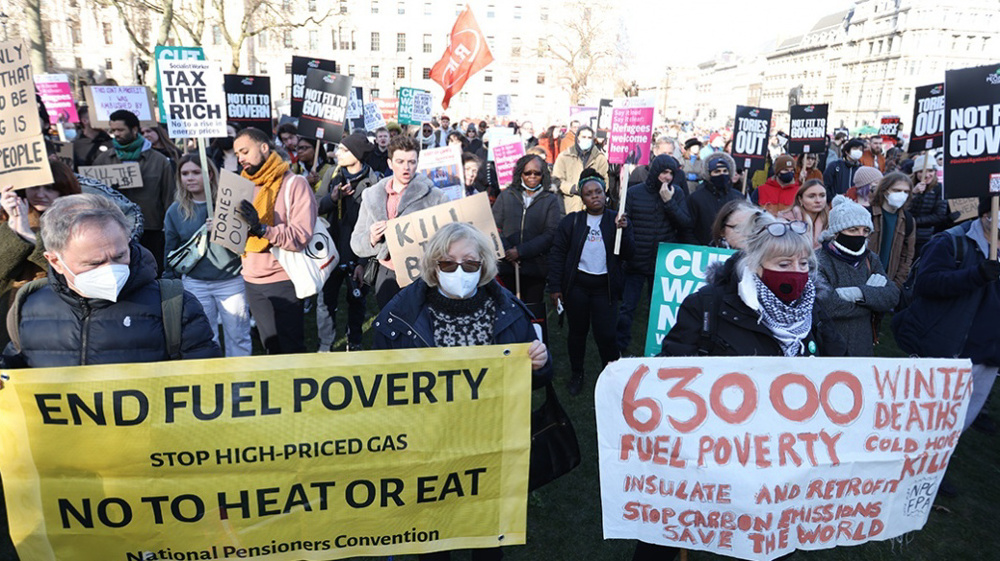
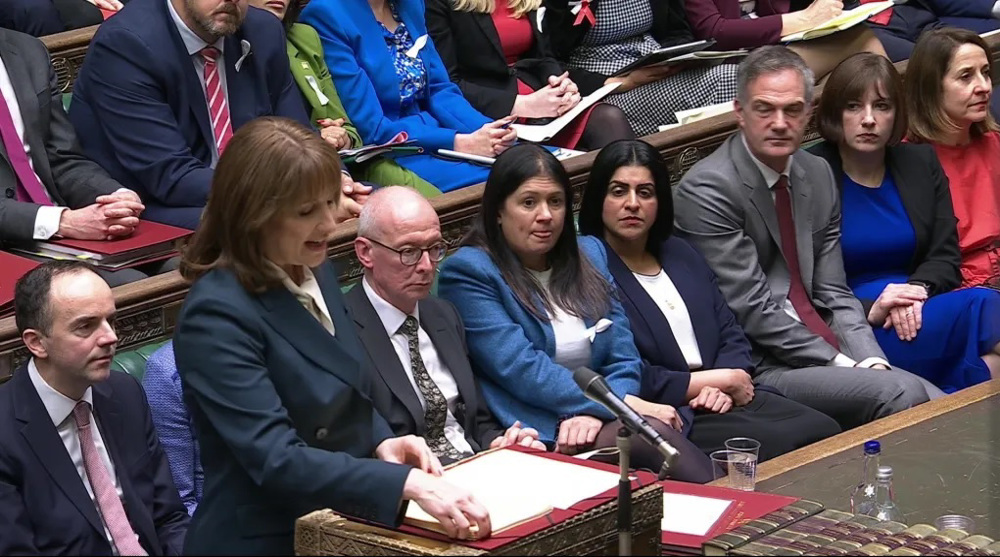
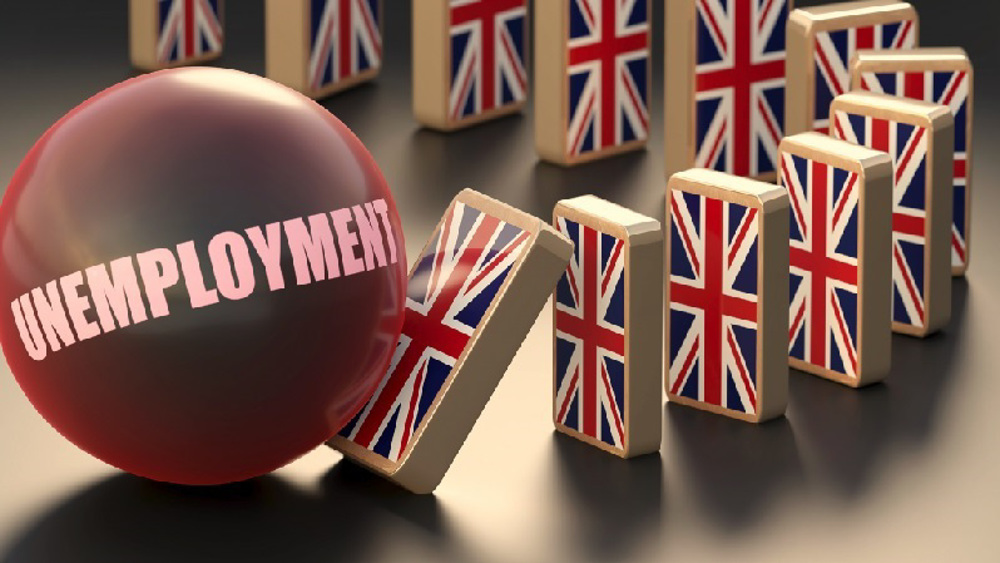




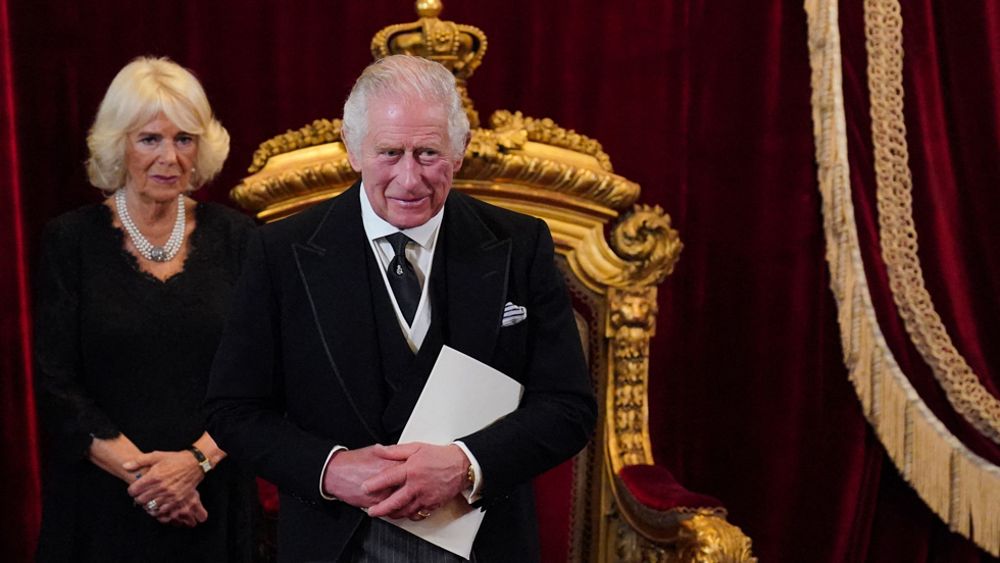
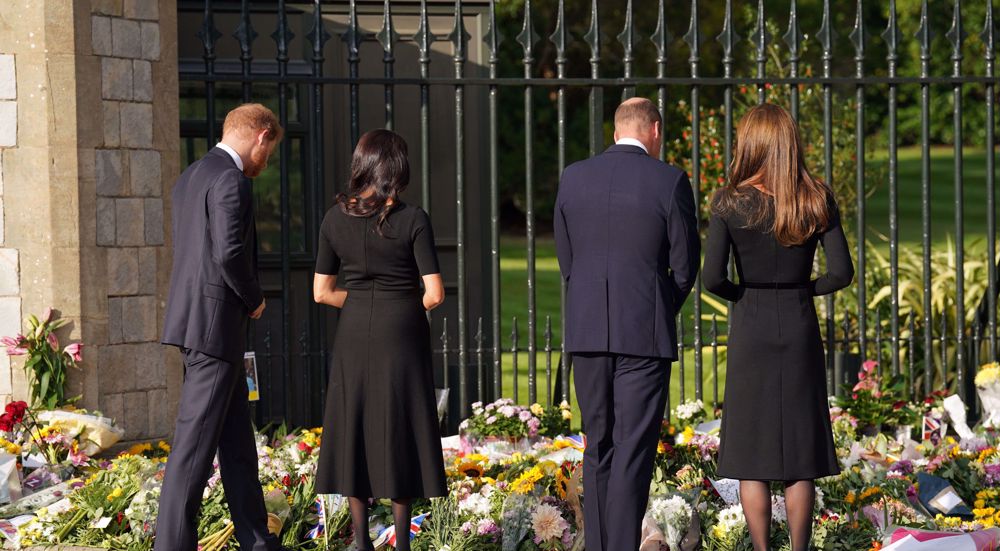
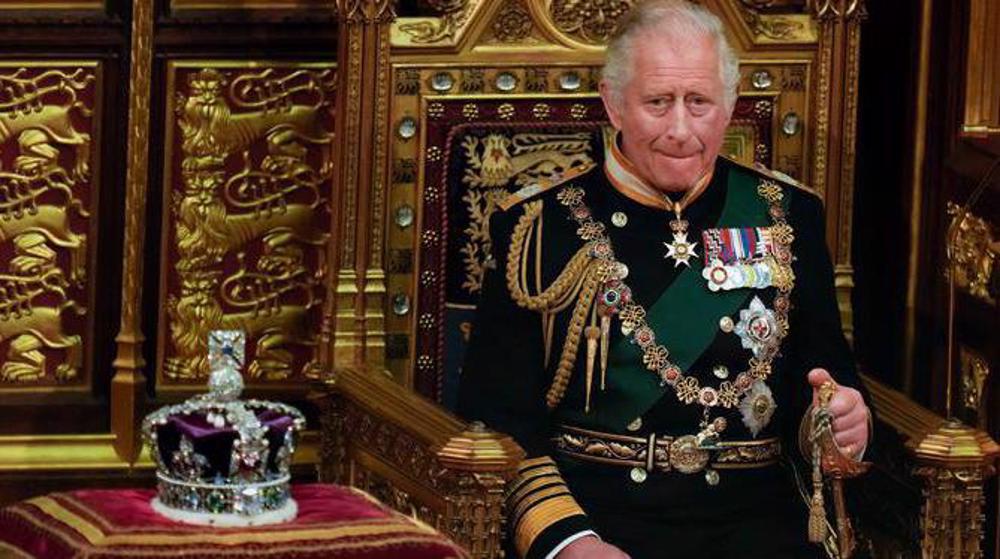

 This makes it easy to access the Press TV website
This makes it easy to access the Press TV website